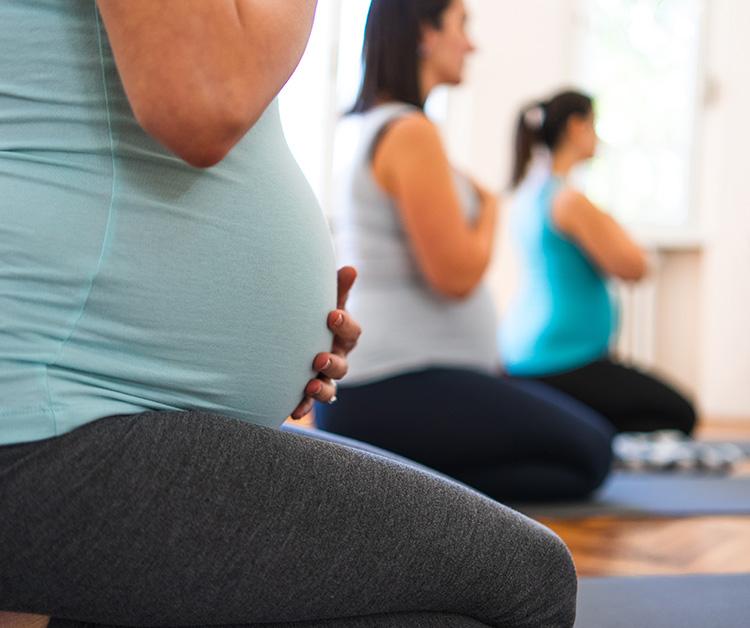
When you’re pregnant, what does your baby feel when you exercise? The research is amazing!
Curious as to what your baby experiences when you exercise during your pregnancy? What experts know about fitness’s effects on your baby may surprise you.
You probably already know that exercising while you’re pregnant brings big benefits to you and your baby. But how exactly does fitness impact your baby in utero? Here’s what the research has shown.
Emerging research has suggested that stress during pregnancy could have an effect on a baby’s immune response. But as regular exercisers know, endorphins—the positive “runner’s high” hormones that are released when you’re working out—can ease your stress, making both you and your baby feel better.
Perhaps without you even realizing it, your body has already made changes to allow you to take in more oxygen at rest. Prenatal yoga, Pilates, and other activities that focus on breathing help make every breath count even more.
Emerging research suggests that moms-to-be who exercised during pregnancy had babies who tended to show fewer signs of fetal distress during delivery.
As long as your pregnancy isn’t high-risk and you have your doctor’s OK, exercise is beneficial for you and your baby. To keep the experience positive for you both, keep this in mind:
All information on Enfamil, including but not limited to information about health, medical conditions, and nutrition, is intended for your general knowledge and is not a substitute for a healthcare professional's medical identification, advice, or management for specific medical conditions. You should seek medical care and consult your doctor or pediatrician for any specific health or nutrition issues. Never disregard professional medical advice or delay seeking medical treatment, care, or help because of information you have read on Enfamil.